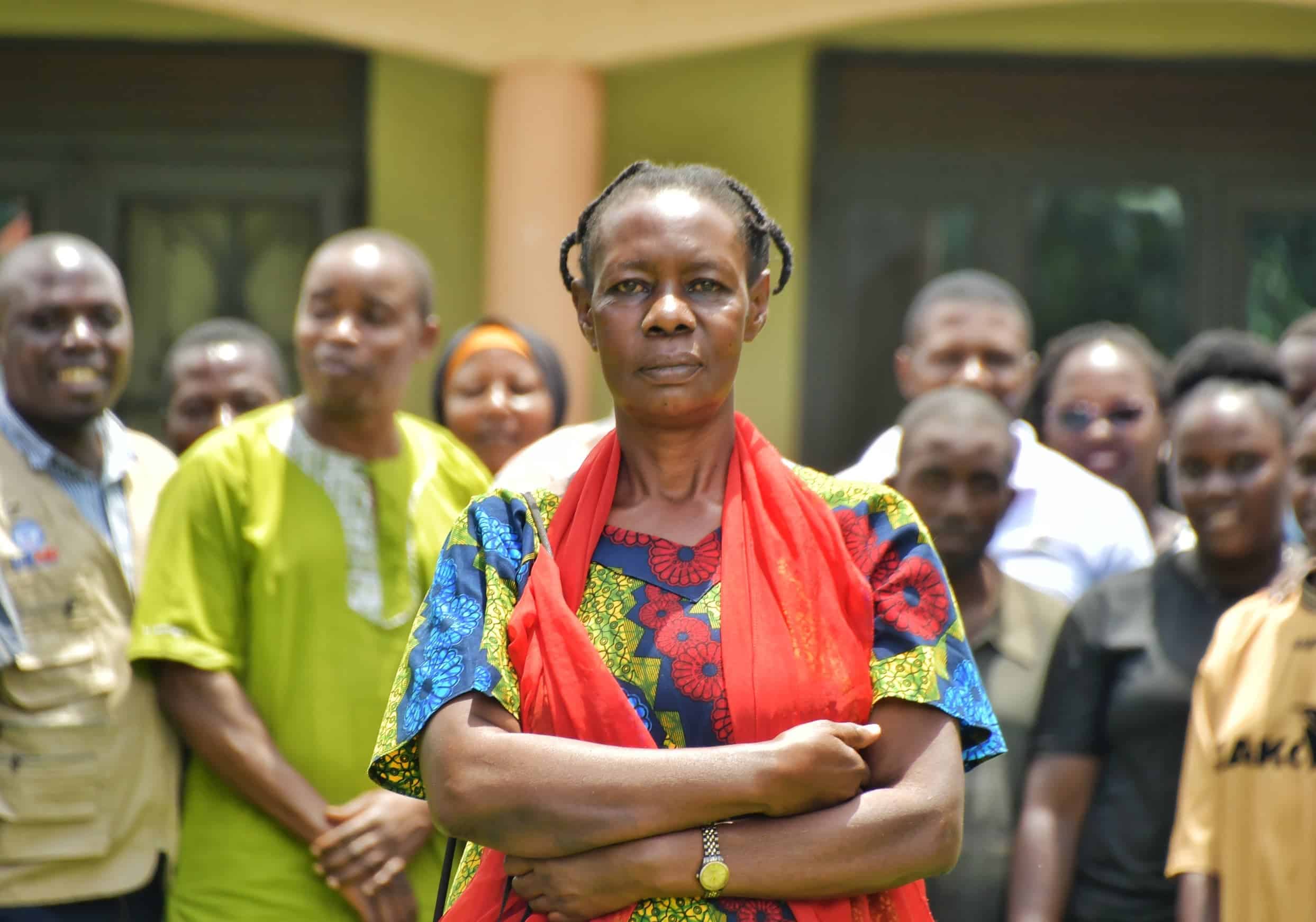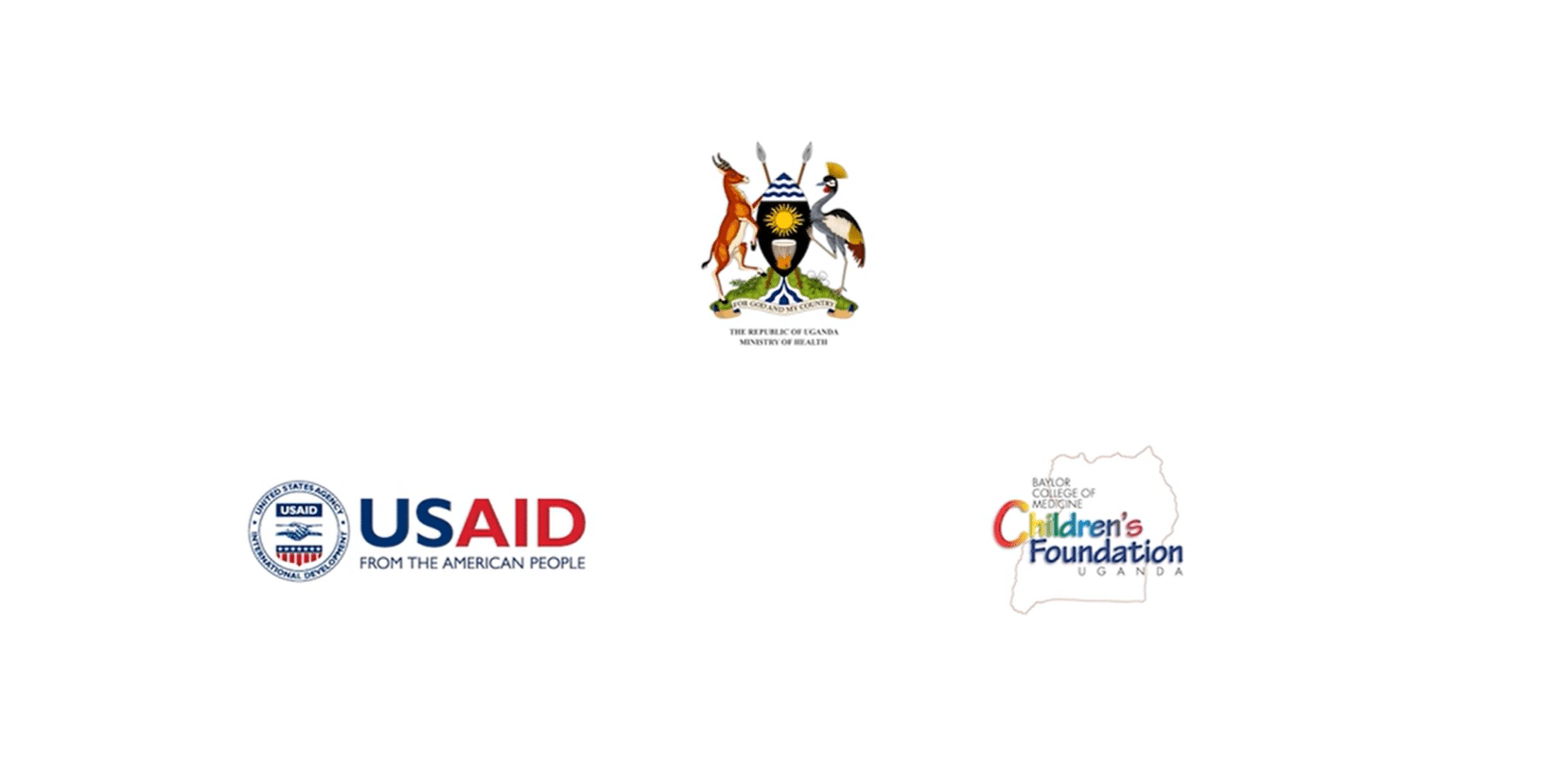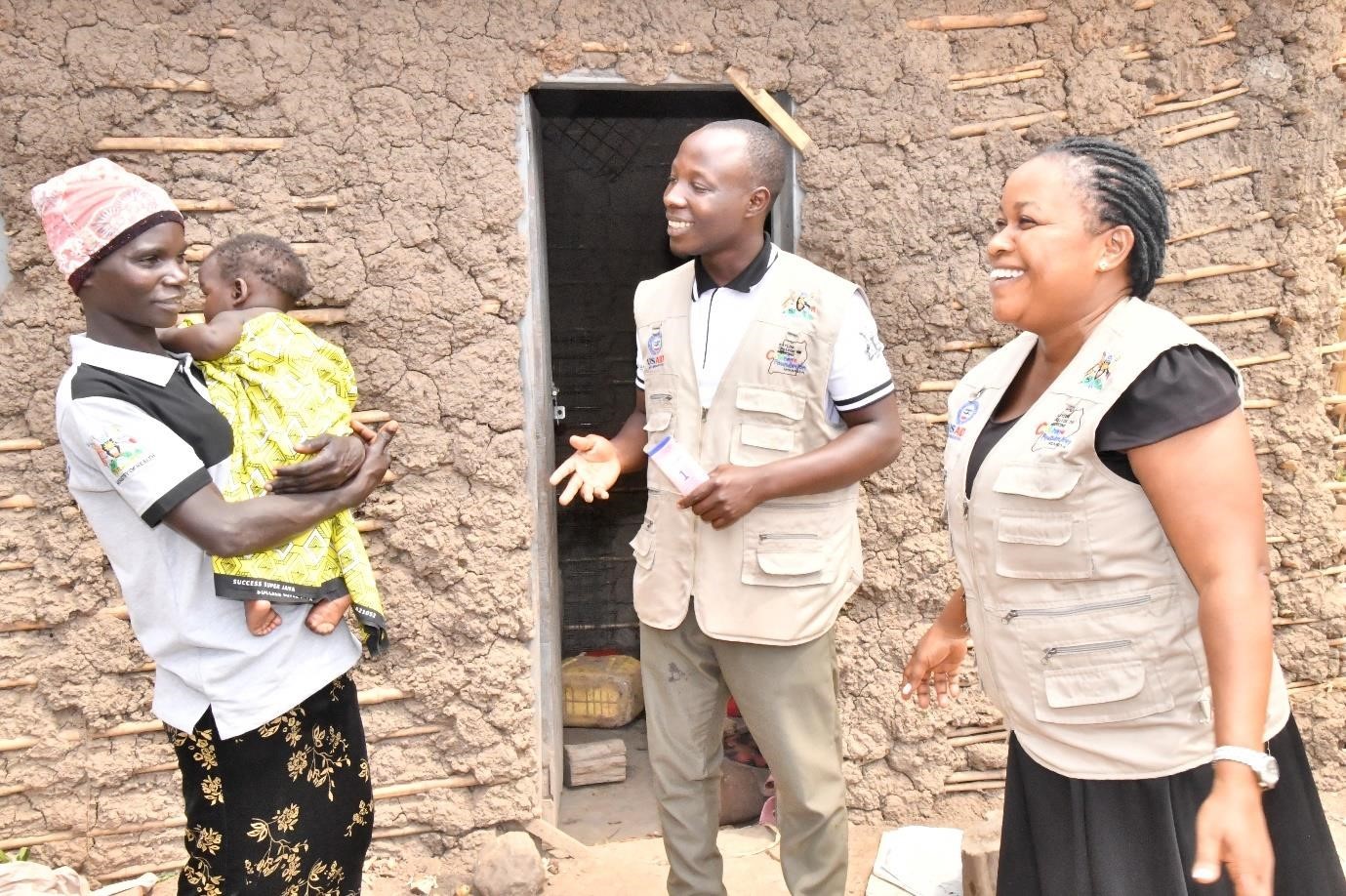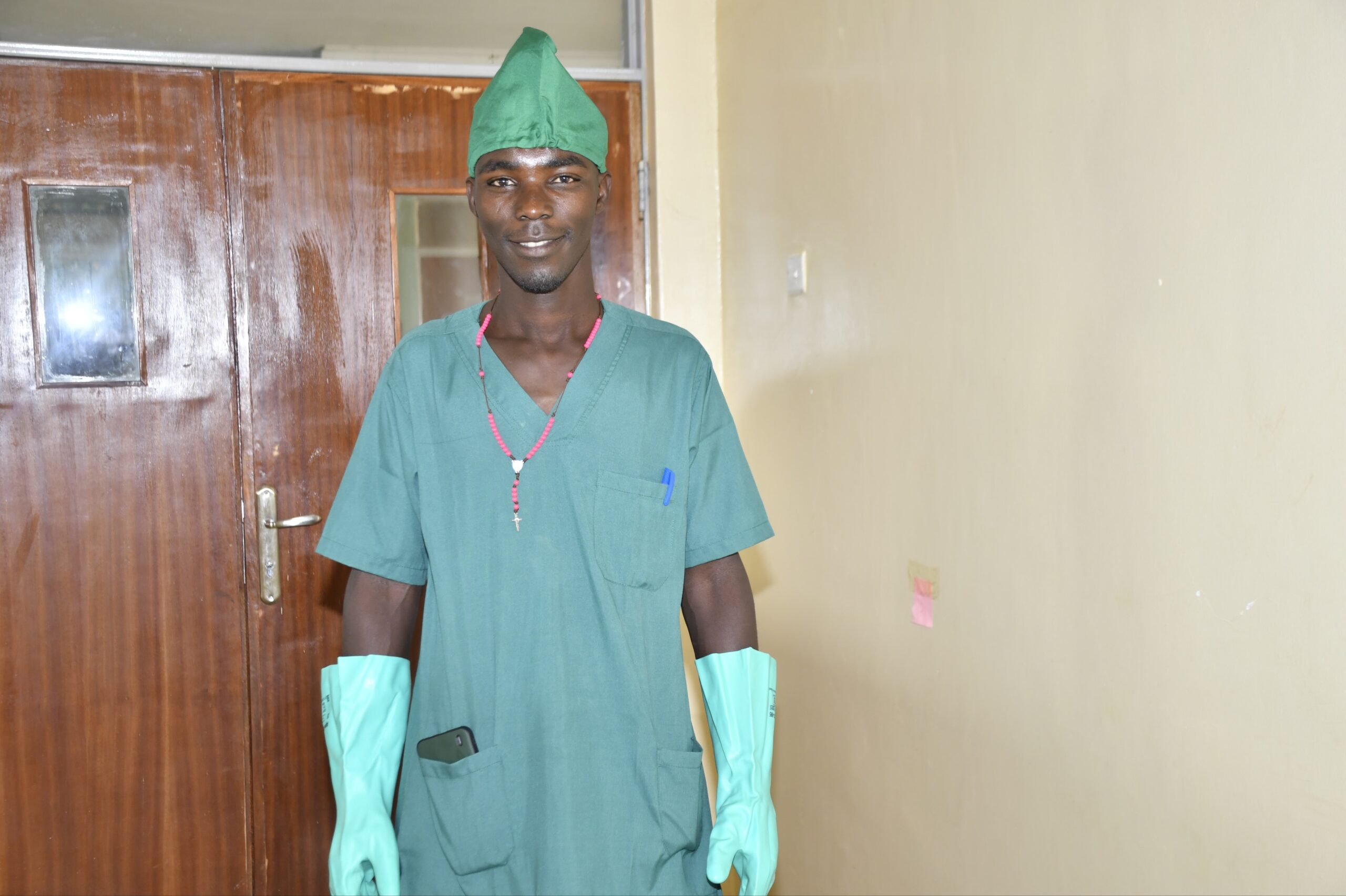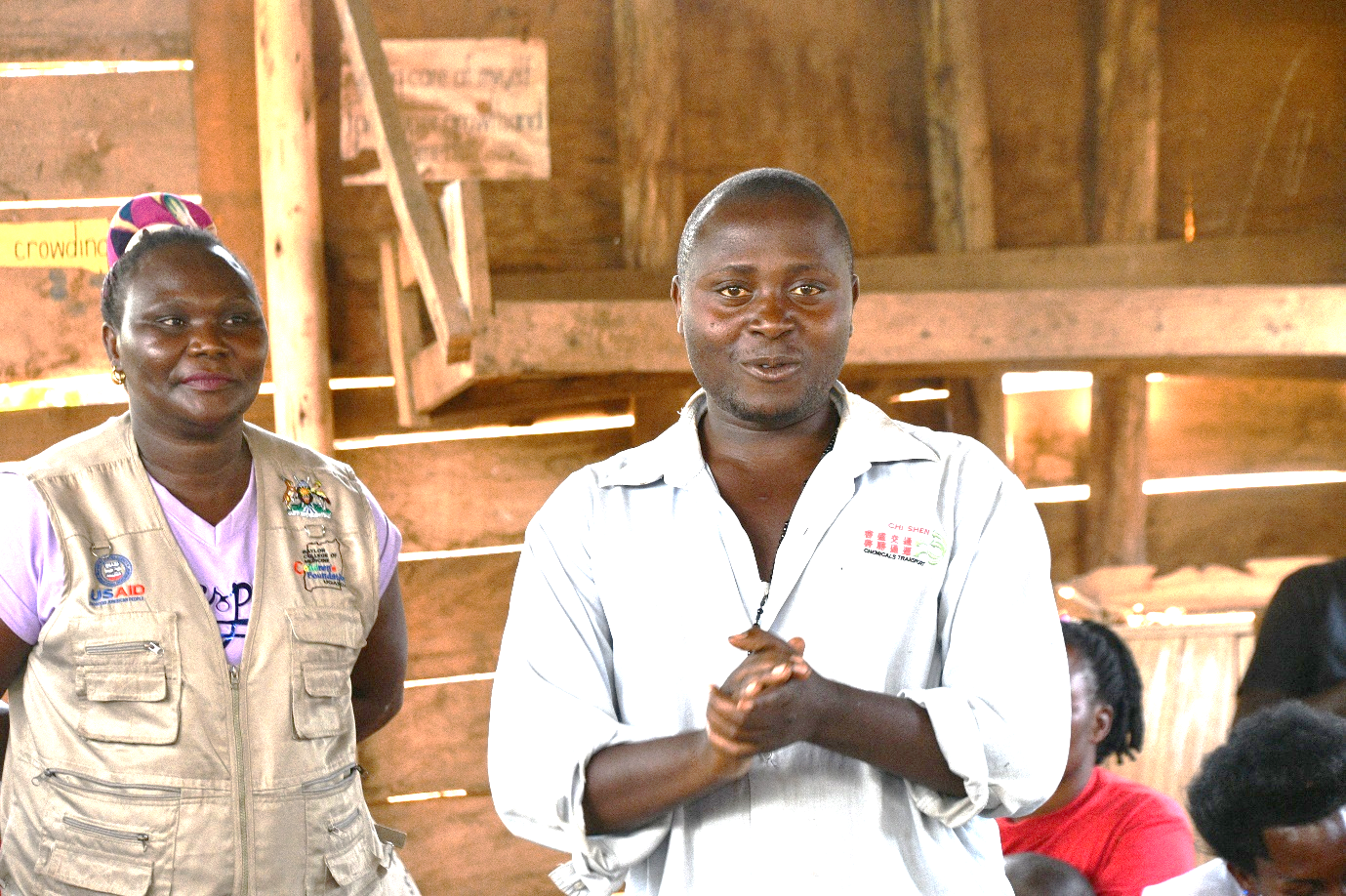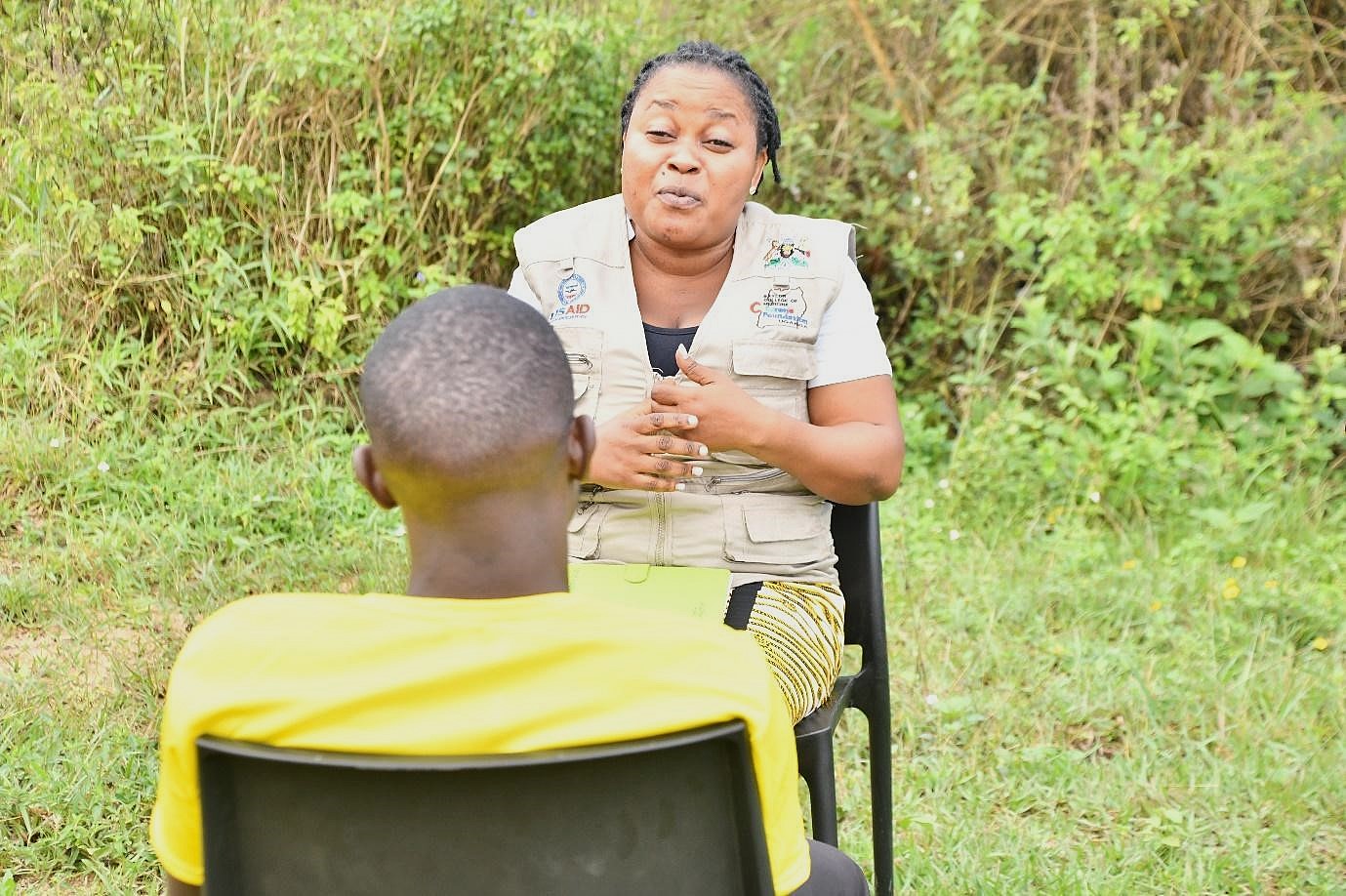When Harriet Kamanyi returned home from the Ebola treatment unit, she expected relief and reunion. Instead, she was met with fear and rejection. Her family and neighbors—the very people she longed to see—shunned her. Isolated and heartbroken, Harriet faced a second battle: rebuilding trust and finding acceptance in a community gripped by fear.
To support her reintegration, the Ministry of Health and Baylor Foundation Uganda (BFU), with support from the U.S. Government, organized a family dialogue at Nalongo’s home and a community meeting in Kata Town Council, Wakiso District where she lives, to addressed fears.
Harriet had fallen ill after caring for her four-year-old nephew, who died of Ebola—just like his mother and baby sibling. Seeking help, she visited her brother and then her neighbor, Nalongo. But when an anonymous tip-off alerted authorities, the surveillance team evacuated Harriet, her brother’s, and Nalongo’s households and took them to a quarantine center.
Nalongo accused Harriet of visiting with the intention of spreading the virus. In the community, those quarantined were blamed for bringing Ebola. The level of stigma continued to rise. Through the pivotal family dialogue held at Nalongo’s home, Harriet and her loved ones know reconciliation.
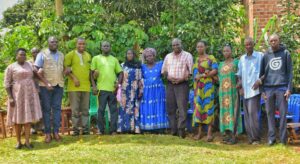
Harriet (fourth from left), her brother (fourth from left—in green), Nalongo (center in blue) meet with MOH, USAID and BFU staff.
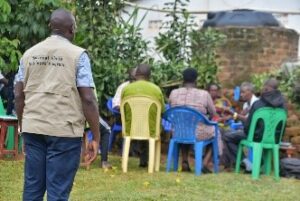
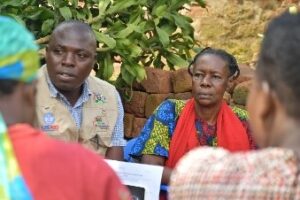
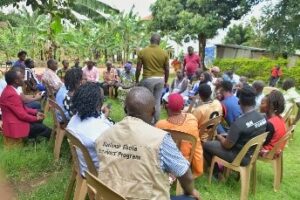
Harriet at the family and community dialogue meetings.
The community meeting the team explained how survivors are only discharged once they test negative. As it drew to a close, Harriet joined the community amongst whom a member stood up to offer her a seat. They listened intently as she told her story, inviting them to trust that she is healed.
“There were so many rumours and fears but it has all been answered in this meeting,” said community member Caroline Birungi. “Now we shall spread awareness to reduce stigma.”
Walking home, Harriet said to her friend Freda, “Things will now be okay. People now believe that I am well.” Her story is a powerful reminder that healing takes more than medicine—it takes a community. To address stigma against other survivors, the National Ebola Survivors Program continues to provide mental health and psychosocial support in communities to ease their reintegration into society.
